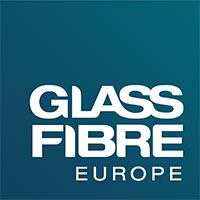Food Contact Applications
Food Contact Applications
The glass fibre industry supports the supply chain actors in determining compliance of its products with the European regulations applying to reinforced plastics intended to enter in contact with food.
In brief
Food comes into contact with many (food contact) materials and articles during its production, processing, storage, preparation and serving, before its eventual consumption. Food contact materials (FCM) should be sufficiently inert so that their constituents neither adversely affect consumer health nor influence the quality of the food. To ensure the safety of FCMs, and to facilitate the free movement of goods, EU law provides for binding rules that business operators must comply with.
Why is it important
Continuous filament glass fibre (CFGF) products used in plastic intended to enter in contact with food must comply with applicable European regulations, namely: Commission Regulation (EU) No 10/2011 of 14 January 2011 on plastic materials and articles intended to come into contact with food. Specific requirements applicable to glass fibre sizing components for compliance with Reg. EU No 10/2011 have been clarified by EFSA (European Food Safety Authority) in 2015: see web link:
Glass Fibre Europe – guidelines and compliance scheme
To support individual companies in the supply chain to establish their company specific manufacturing processes and procedures (according good manufacturing practice), Glass Fibre Europe has prepared guidelines and compliance scheme for good manufacturing practices for CFGF intended for food contact applications.
Supporting documents

